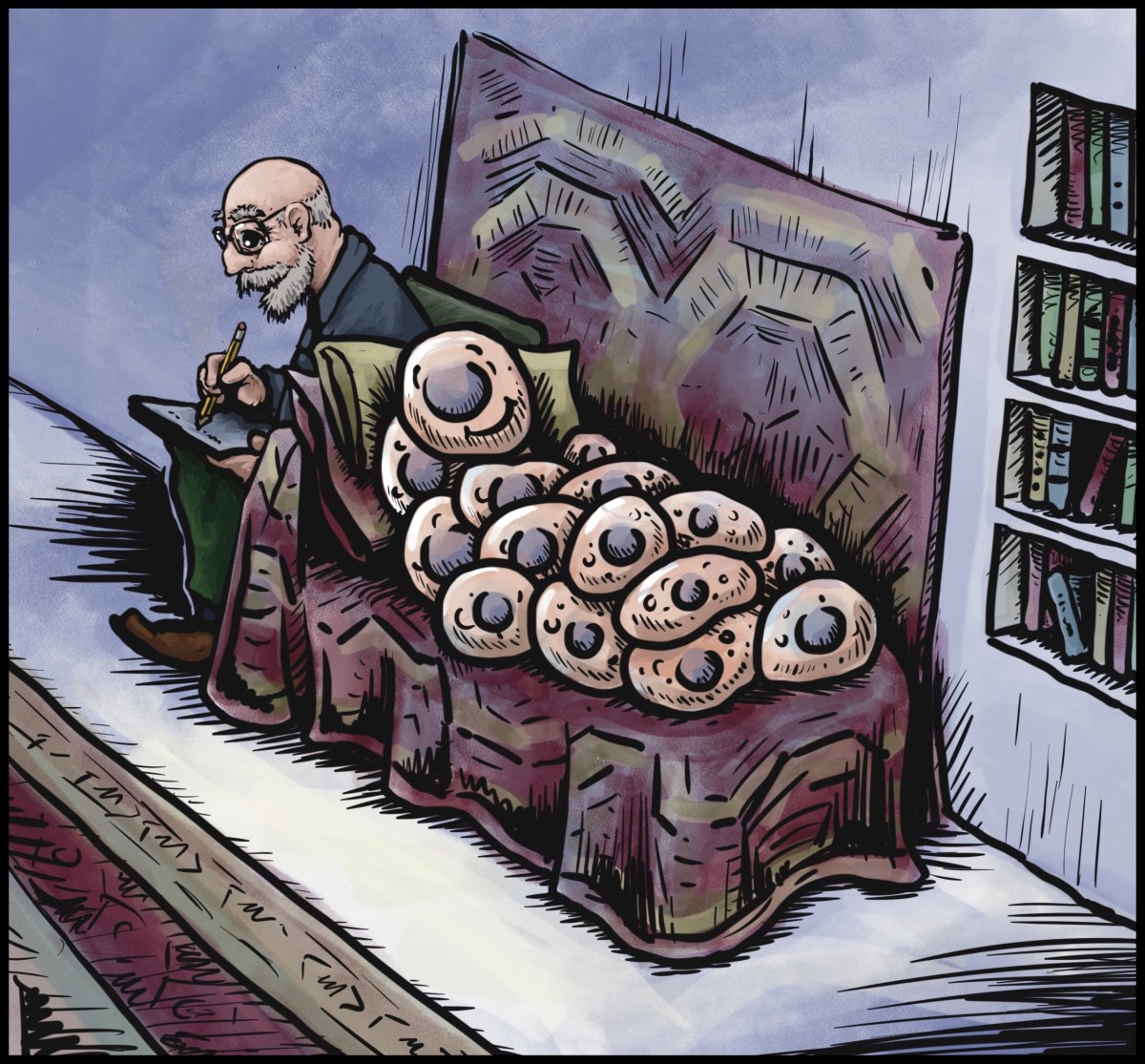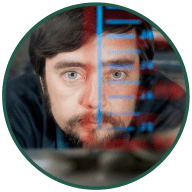Recording - Things have to get worse before they get better, with Alexey Tolchinsky Psy.D.

In this session, we discussed how 'disorder' has been pathologized when in fact, a healthy mind displays a functional degree of chaos. Here's an excerpt from the full session on this topic. Why disorder in your brain (and life) are crucial for any growth, how a holiday can be a useful injection of entropy to dislodge brooding, and why algorithmically, things have to get worse before they get better:
The rest of the dialogue with Alexey Tolchinsky is below.
Alexey emphasised the need for evidence before applying metaphysics to clinical practise, and his caution against extrapolating from personal experience or fixing on narrative models based on scant data. As the dialogue will show, he is passionate about formulating rigorous models based on clear evidence, in a field where the stakes are high: 25% of mental health professionals experience a completed suicide in their career.
Although not an idealist, there was a convivial exchange about Bernardo's defence of idealism that a lot of people found useful, even those already very familiar with Bernardo's work.
Next session, we continue the theme of the implications of idealism on healing and therapy, in a Q&A with Bernardo.
Special Guest - Alexey Tolchinsky, Psy.D.

Alexey Tolchinsky, Psy.D., clinical psychologist and Adjunct Professor at The George Washington University. He specializes in anxiety conditions such as panic and compulsion.
Alexey has a strong interest in applying neuroscience and diverse philosophical frameworks to the clinical practise of helping people.
For example, he doesn't think its helpful to think of depression as a disease, but rather, a natural response with many potential causes. Think of a fever compared to a flu. It's a call for a deeper enquiry, not simply medicating away chemical states.
Additionally, his interest in chaos theory challenges the concept of 'mental health disorder.' After all, a healthy mind has a healthy level of chaos. The brain waves of both seizures and sleep display more order than an alert mind, and higher levels of chaos "correlate with a higher probability of recovery" from a vegetative state.
And drawing on the unique perspectives of 'self' from Michael Levin and Karl Friston, he believes all dissociation conditions involve a collapse in our ability to future think and plan. Both depersonalization and derealisation involve a "temporal depth collapse."
He has coauthored several peer-reviewed papers with Michael Levin as well as exploring many fascinating ideas together. You might enjoy this email exchange and discussion:

